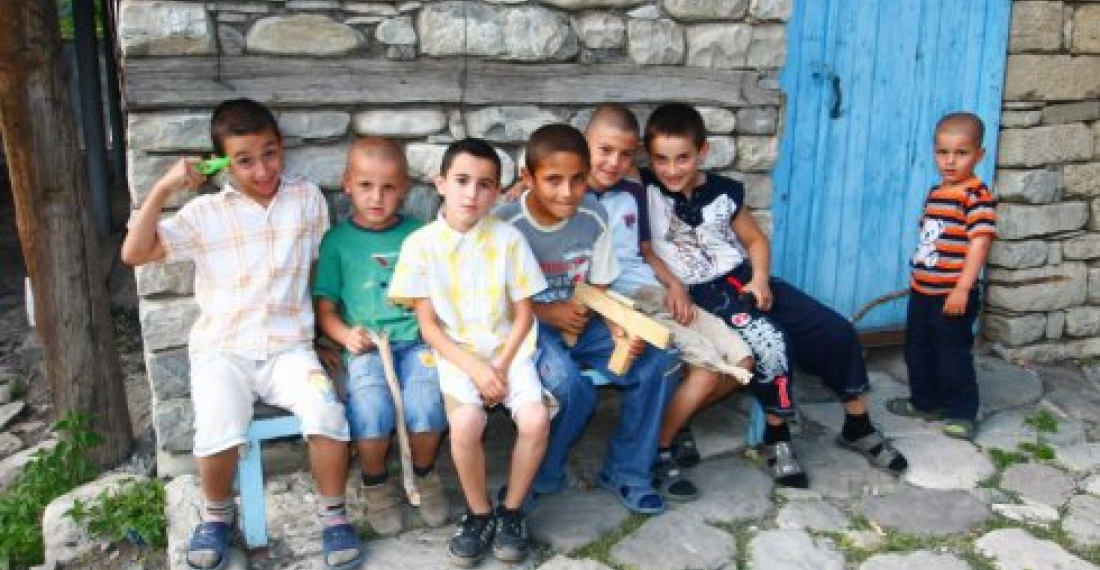The number of persons considered as displaced by conflict in Azerbaijan has reached 1.2 million, making the country one of the highest per capita of population with displaced persons. This was stated by the spokesperson of the Azerbaijani Foreign Ministry, Hikmet Haciev in statement issued on the occasion of World Refugees Day. The increase in the number of IDPS is the result of a high birth rate among the displaced community. Most of the displacement was the result of the conflict over Nagorno-Karabakh.
Hikmet Haciev said that the Azerbaijani government had spent USD 6 billion on the welfare of the displaced community in the last twenty years, including for the provision of modern housing. "But the only solution for the problem of IDPs is the return to their homes in security and dignity", Haciev said.
Speaking at 72nd session of the United Nations General Assembly, UN Secretary-General Antonio Guterres said "refugees, internally displaced persons and migrants are not the problem; the problem lies in conflict, persecution and hopeless poverty".
source: commonspace.eu with agencies
photo: Children of displaced families in Azerbaijan (archive picture)







